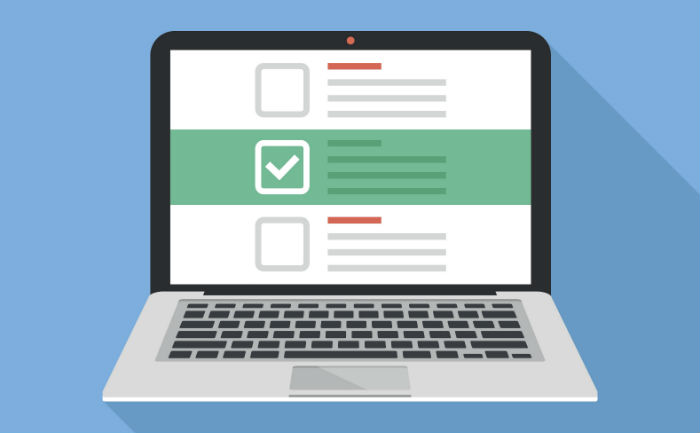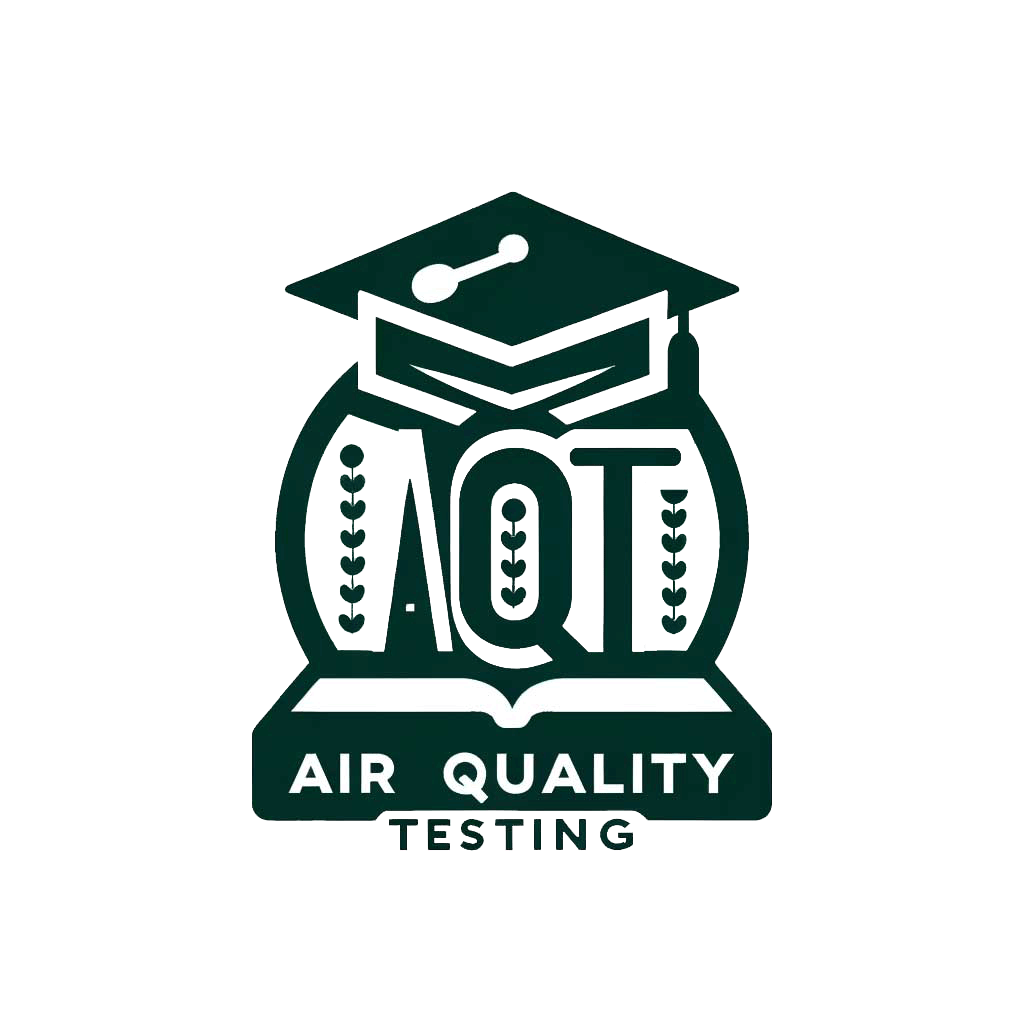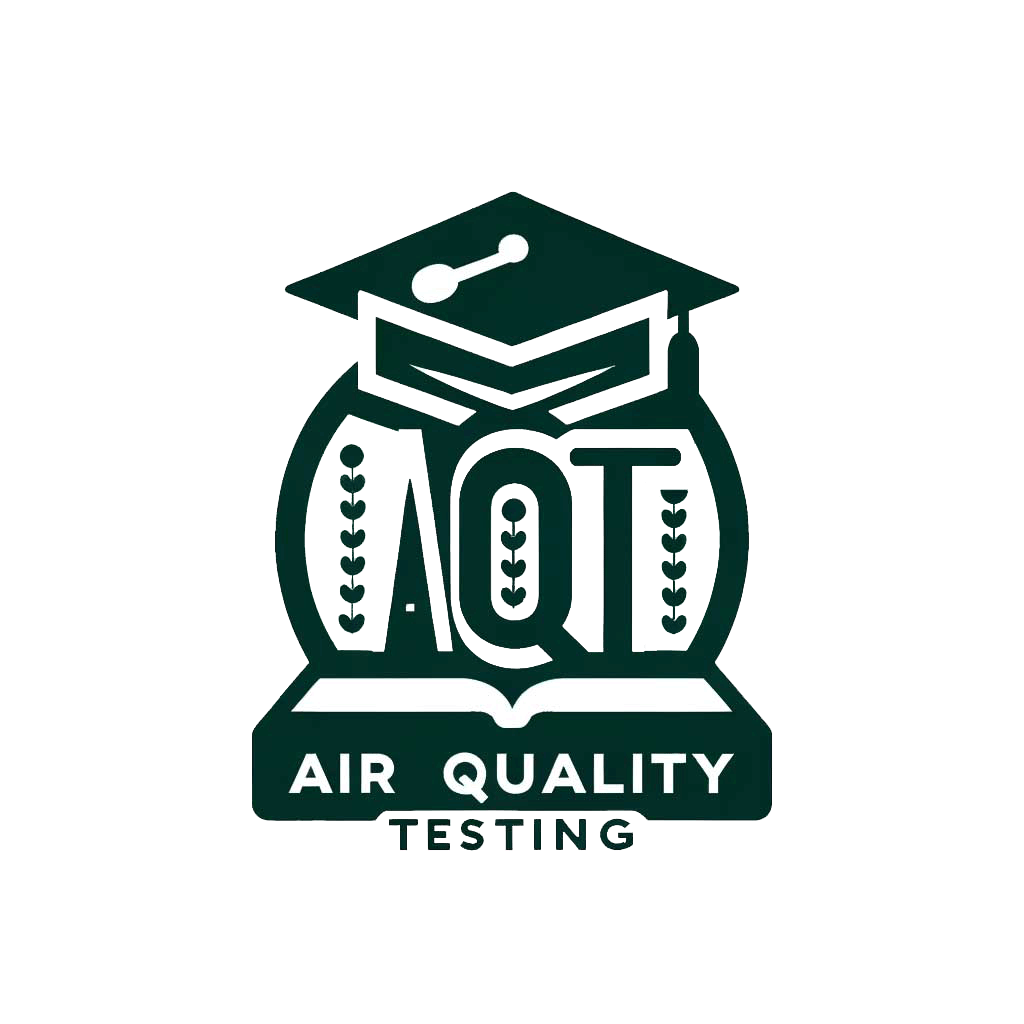Air Quality Testing


DIY vs. Professional Air Quality Testing: A Comprehensive Comparison
When it comes to air quality testing, individuals and organizations often face the choice between do-it-yourself (DIY) testing kits and professional testing services. Each option has its distinct advantages and potential drawbacks, and the best choice can vary based on specific needs, budget, and the level of detail required. This comprehensive guide provides a detailed comparison of DIY and professional air quality testing, helping you understand the pros and cons of each approach to make an informed decision.
DIY Air Quality Testing
Pros:
- Cost-Effective: DIY testing kits are generally less expensive upfront than hiring professionals, making them an attractive option for those on a tight budget.
- Convenience: These kits can be used at your convenience without the need to schedule a professional service. You have the flexibility to test the air at multiple times to track changes.
- Immediate Results: Some DIY kits offer quick results, allowing you to get a basic understanding of your air quality without a long wait.
Cons:
- Limited Scope: DIY kits may not be as comprehensive as professional tests. They might only test for specific pollutants and not provide a complete picture of the air quality.
- Accuracy Concerns: The accuracy of DIY kits can vary, and they may not be as reliable as professional-grade equipment. This can lead to misinterpretation of results or failure to detect certain pollutants.
- No Expert Guidance: DIY testing does not come with expert analysis or recommendations. Interpreting the results and understanding the necessary actions to take can be challenging.
Professional Air Quality Testing
Pros:
- Comprehensive Analysis: Professional testing services offer comprehensive assessments, often testing for a wider range of pollutants with higher accuracy and detail.
- Expert Interpretation: Professionals provide not just testing services but also expert analysis of the results. They can offer insights into the sources of pollution and provide tailored recommendations for improving air quality.
- Advanced Equipment: Professionals use industry-standard, advanced equipment that can detect lower pollutant levels and provide more reliable data.
Cons:
- Higher Cost: Professional testing services are typically more expensive than DIY kits, which might be a barrier for some individuals or small organizations.
- Scheduling and Waiting: You’ll need to schedule a professional to visit your location, and it might take longer to receive results compared to some instant-read DIY kits.
- Potential for Disruption: The testing process might be more invasive or disruptive, as professionals may need to access various parts of a building or use larger equipment.
Making the Right Choice
When deciding between DIY and professional air quality testing, consider the following factors:
- Purpose of Testing: If you’re looking for a general assessment or immediate results, a DIY kit might suffice. For a detailed analysis or in situations with health concerns, professional testing is advisable.
- Budget Constraints: Weigh the costs of both options against the importance of accurate, detailed results. While DIY kits are cheaper, professional testing can be seen as an investment in health and safety.
- Long-Term Needs: For ongoing air quality management, consider the benefits of professional testing’s accuracy and expert advice, which can guide long-term strategies to maintain healthy indoor air.
Conclusion
Both DIY and professional air quality testing have their place in managing indoor air quality. While DIY kits offer a convenient and cost-effective way to perform basic assessments, professional services provide depth, accuracy, and expert analysis. By understanding the pros and cons of each approach and considering your specific needs and circumstances, you can make an informed decision that ensures the health and comfort of your indoor environment.
frequently asked questions
Can I stay at home during the duct cleaning process?
Answer: Yes, you can usually stay at home during the cleaning. However, consult the company if special circumstances require otherwise.
Do I need to clean my ducts if I recently moved into a new home?
Answer: It's advisable to consider duct cleaning after moving into a new home, especially if the previous occupants had pets or if you have respiratory sensitivities.
Are there any health risks associated with the cleaning process?
Answer: Reputable companies use safe cleaning practices. If you have specific health concerns, discuss them with the company before scheduling the service.
How often should I have my ducts professionally cleaned?
Answer: The frequency of cleaning depends on factors like indoor air quality, occupancy, and lifestyle. Every 3 to 5 years is a general recommendation.
Will duct cleaning resolve my indoor air quality issues completely?
Answer: Duct cleaning is a part of improving indoor air quality, but other factors like ventilation, air filtration, and lifestyle choices also play crucial roles.
Is duct cleaning suitable for all types of HVAC systems?
Answer: Duct cleaning is suitable for various HVAC systems, but consult the service provider to ensure compatibility with your specific system.
What is the best time of year to schedule duct cleaning?
Answer: Duct cleaning can be scheduled at any time of the year, based on your convenience and needs.
Will duct cleaning disrupt my daily routine?
Answer: While duct cleaning requires access to ductwork, professional technicians aim to minimize disruption during the service.
Can I DIY duct cleaning using consumer-grade equipment?
Answer: DIY duct cleaning using consumer-grade equipment is not recommended, as it may not achieve the same results as professional cleaning.
Is sanitization necessary for every duct cleaning?
Answer: Sanitization is recommended in cases of mold or microbial growth, but not every cleaning may require this additional step.



 IAQA
IAQA 


